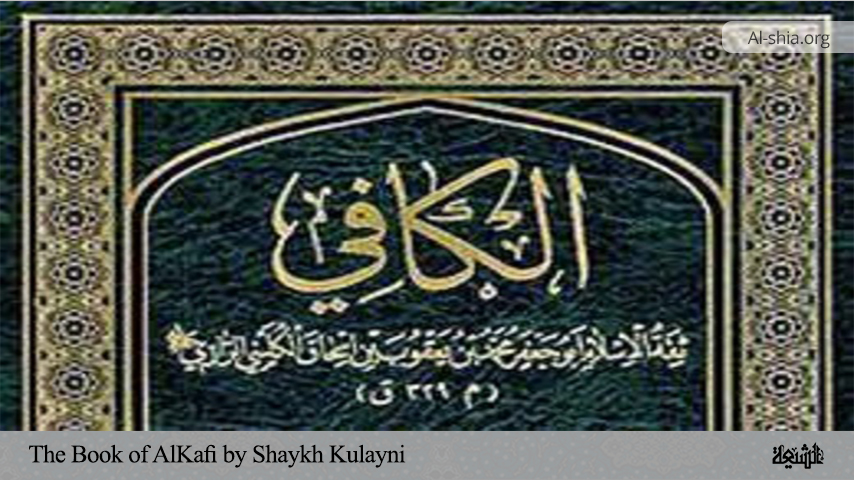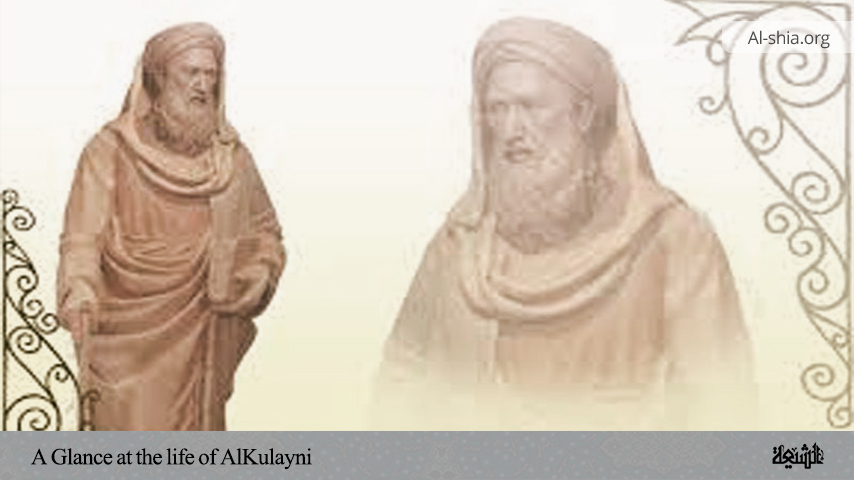In accordance with the Qur’anic directive (cf Qur’an 2: 183), fasting in the holy month of Ramadan is an obligatory fast. However, it is pertinent to mention that this obligatory act of worship is meant for those having the required conditions. Therefore, we shall highlight in this article those exempted from Ramadan fast and the related rulings.
Islam is a very important condition for the obligation and validity of the Ramadan fast. That is to say, Ramadan fast is not considered obligatory and valid for non-Muslims. According to the verdicts (Fatawa) of the religious authorities, if an unbeliever becomes a Muslim, he/she doesn’t need to offer reparation (Qada) for those periods before his conversion. However, if a Muslim apostatizes and thereafter becomes Muslim again, he must offer reparation for the fasts he missed during those periods of his apostasy.
One of the conditions for fasting is maturity. Therefore, Ramadan fast is obligatory for someone who has reached maturity in accordance with the Islamic ruling (Sharia). A child who has not attained maturity (that is, 9 and 15 lunar years for a girl and a boy respectively) is exempted from fasting. In another word, a child who has not attained the age of maturity has no obligation to fast in the month of Ramadan.
According to the verdicts (Fatawa) of the religious authorities, if fasting is difficult or harmful for a child who has recently attained the age of maturity (as earlier stated), or he/she does not have the capability to fast, then, he/she is allowed to break the fast. However, it is compulsory for him/her to observe the reparation (Qada) of the missed fasts thereafter.
Another important condition for the obligation and validity of fasting is sanity. That is to say, fasting -just like other obligatory acts- is considered obligatory and valid for someone who is sane. In light of this, an insane person is exempted from this obligation during the period of his insanity. According to the verdicts (Fatawa) of the religious authorities, if an insane person recovers and becomes sane, it will not be obligatory on him to offer reparation for the fasts which he did not observe when he was insane.
Consciousness is another condition for the obligation and validity of the Ramadan fast. In another word, Ramadan fast is only considered obligatory for someone who is conscious. If, during the month of Ramadan, a person remains unconscious or in a coma for a day or several days and they miss one or several fasts, they are not required to make up for the fasts thereafter. If somebody misses one fast of Ramadan out of intoxication (e.g., being intoxicated, they do not make an intention to fast), they should make up for this fast in qadā’ even though they abstain from fast invalidators for the whole day. In addition, if a person who left the fasts due to being intoxicated, even if the intoxicant was taken by him for the purpose of medical treatment, it is compulsory for him/her to offer reparation (Qada) for those missed fasts.
According to the verdicts (Fatawa) of the religious authorities, if a fasting person becomes extraordinarily weak during the day of Ramadan due to genuine reasons such as work and which he could leave during this period, he could break the fast but he must avoid eating beyond the necessity. Thereafter, he must observe the Qada thereafter.
Fasting is not obligatory for someone who, due to old age, cannot fast or finds fasting excessively difficult. However, in the latter case, for each day [that he does not fast] he must give one mudd of food – i.e., wheat, barley, bread, or suchlike – to a poor person. However, if someone who has not fasted on account of old age is able to fast after the month of Ramadan, the recommended precaution is that he should make up the fasts that he did not keep.
An ill person who based on personal judgement or the statement of a reliable physician fear harm for himself due to fasting is exempted from Ramadan fast. However, he is expected to make the reparation fast thereafter. Similarly, if someone has an illness that makes him very thirsty and he cannot bear being thirsty, or it is excessively difficult for him to bear it, then fasting is not obligatory on him. However, in the second case, he must give one mudd of food to a poor person for each missed fast; and in the event that he is able to fast afterwards, he doesn’t need to make them up. Meanwhile, one who does not fast in Ramadan due to an illness is exempted from their qadā’ -provided that his illness continues to the next Ramadan- but should pay one mudd of food for each fast.
A traveller is among those who are exempted from Ramadan fast. It is not allowed for a traveller (having the necessary conditions of a traveller) to fast; otherwise, his fast is void. A travelling in which the traveller is expected (i.e., obligatory) to reduce the rakats in Zuhr, Asr and Isha’i prayers to two rak’at, it is not allowed for him to fast as well. In other words, the travelling that necessitates the shortening of four raka’t prayers to two rak’at is the one that makes fasting not permissible.
A woman who is in a state of her monthly period or childbirth bleeding is exempted from Ramadan fast for the period she is in that state. It is not allowed for such a woman to fast; otherwise, her fast is void. However, she has to observe the reparation fast (Qada) after the month of Ramadan.
If a pregnant woman has reasonable grounds to fear that fasting would harm her or her baby, then, she doesn’t need to fast, [Fast is not even allowed for her in this regard], otherwise, she must fast. Meanwhile, if the fast will harm her, she must give fidyah [i.e., one mudd (750 grams)] of food for each day. But if the fast will harm her fetus, apart from giving fidyah [i.e., one mudd (750 grams)] of food for each day, she is to make the Qada thereafter.
If fasting is harmful to a woman who is breastfeeding her child and who has little milk – whether she is the child’s mother or wet nurse, or someone who is breastfeeding the child without getting paid – or, if fasting is harmful to the child that she is breastfeeding, it is not obligatory on her to fast. Rather, she must give one mudd of food to a poor person for each missed fast and she must make up the fasts she did not keep.
However, based on obligatory precaution, this rule only applies to the case where giving milk to the child is limited in this way. Therefore, if there is another way of giving milk to the child – for example, several women participate in breastfeeding the child, or the child is fed with the aid of a bottle – then affirming this rule is problematic (maḥall al-ishkāl) [i.e., based on obligatory precaution, it is not permitted for such a woman to not fast]
Meanwhile, it is pertinent to note that those who are allowed to break their fasts in the month of Ramadan should give fidyah for each day. In this case, feeding the poor person to his satisfaction is not enough. They should rather give one mudd (750 gm) of food to a poor person each day.






